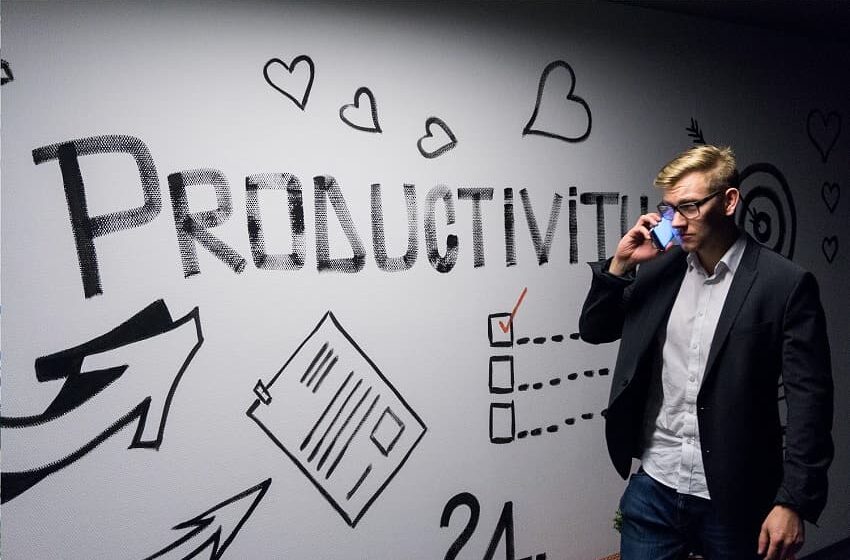How Founders Overcome Startup Risks, Failures to Achieve Goals

With startups come many startup risks and failures, which the startup founders should face firmly, stand ground, and avoid inclination. It all begins with a founder’s mindset, and the startup can either win its way to the top in a short time with great strategies or lose it.
The significant idea of a startup before making cash is to make a name in the market. The competition is high in almost every industry, and with evaluations, plans of action, the business will see struggles in the beginning only.
Persistence, resilience, and approachability are three keywords kept in mind while opting for a business from scratch, and you will find investors in no time.
The fear of failure among the startups is entirely normal. Without fear of losing, nobody will invest enough time and energy to prevent startup risks and failures. But putting that aside, you never keep it the priority.
The entrepreneur mindset you have is a critical component of overcoming business failure. It all starts with a willingness to change and a flexible and positive attitude. “To improve is to change; to be excellent is to change repeatedly,” Winston Churchill said of this crucial component. Failure is an inevitable part of life, and business failure is no different. Whether or not failure leads to success is determined by how we respond to it.
Here are a few ways how startups founders overcome risk and failure to achieve their goals:
Positive yet forward-thinking attitude
While aiming to achieve goals and satisfy customers’ standards, the ability to take constructive criticism is vital. The idea that approaches customers in different regions, who have different mindsets, ensures they will take this matter with a positive attitude.
‘Attitude is everything,’ as the saying goes, applies to every endeavor, including achieving success in a selected career path. Maintaining a good attitude can be a vital part of the process and can impact scenario outcomes, whether you’re attempting to start a new business or looking for that ideal job. Those that are successful in business see themselves as successful, and failure is not an option. Learning to think positively can be a useful technique for increasing overall business success.
Some folks have a higher proclivity towards negativity. To exist in an unpredictable, ever-changing world, both genetics and temperament play a role, along with acquired behavior coping methods. Being pessimistic can actually help people feel less anxious, which can help them perform better. Furthermore, persons who are naturally pessimistic are better suited to deal with negative criticism from others. They can quickly correct the situation once they realize what the issue is.
SWOT analysis for the startup to predict risks and failures
The SWOT analysis is another way founders overcome startup risks and failures. Every business has been through a phase where they couldn’t find the reason behind the failure. SWOT-analysis helps the founder define the strengths, weaknesses, opportunities, and threats of their startups. There is a better chance to overcome risk and losses this way rather than putting unnecessary thoughts into that market’s competition.
Let’s return to the student who is deciding on a career path. If a student is an introvert, they should probably avoid pursuing a sales career. They can learn all of the sales skills, but they are unlikely to love their profession or be as effective as someone who thrives on meeting new people and conversing with them. The student should pursue a vocation that capitalizes on their talents while minimizing their flaws.
The same can be said for your business. You shouldn’t establish a robust social media plan that requires numerous postings per day if one of your limitations is that you have a tiny workforce and everyone is stretched too thin. However, you can photograph events or make selfie films about your startup’s progress.
Manage finances
The coming in and use of finances is essential. The founders keep complete management of the incoming cash flow. There must be some bank credit to overcome sudden losses or investment failures. Otherwise, the startup might shut down before it even begins.
Build a trustworthy team and believe in each other and forget about risks and failures

The founders’ primary aim is to make sure everyone follows each other around rather than pushing blames. Even during the inevitable times, the team stays persistent in their acknowledgments. Ensuring this strategic thinking will provoke a better future without risks and failures.
Doubting others means you challenge yourself.
Perseverance, determination and strategic approaches
With perseverance, the first thing that comes to mind is Steve Jobs. His company, Apple, was on the verge of bankruptcy when he chose to remain preserved, rather than give up. It eventually led to Apple being the top technological company with the most sales made throughout the years. The small company’s determination will make it a better approach among the users’ in the upcoming times and choices.
Prioritize your customers and keep them the heart of your business to minimize risks and failures
Loyal customers are the reason behind most successful startups. The founders devote themselves to providing quality approved products and services for the clients. With the startup’s loyalty comes the customer’s loyalty. This devotion eventually leads to a triumphant future.
The process of discovering, assessing, and controlling threats to an organization’s capital and profitability is known as risk management.
Risk factors include financial hazards, legal liabilities, technology challenges, strategic management failures, accidents, and natural calamities.
A comprehensive risk management program allows a company to evaluate all of the hazards it confronts. Risk management also considers the relationship between risks and the possibility that they will have a cascading effect on a company’s strategic objectives.
The importance of risk management has never been greater than it is now. The hazards that modern businesses face have become more complicated as the speed of globalization has accelerated. On a daily basis, new dangers emerge, many of which are linked to and exacerbated by the now-ubiquitous use of digital technology. Risk specialists have nicknamed climate change a “hazard multiplier.”
Embrace failures as short-term setbacks
Accepting failure is the most prominent feature of successful startup founders. From marketing to the setbacks, launch of the products, everything might not be as expected. But if the founder is passionate about making the startup a success, he must be ready to face failure without lagging behind others’ enforcement.
Failures aren’t as frightening or life-threatening as we portray them to be. In truth, our blunders and losses can be mined for gold.
That’s easier said than done, so here are some pointers to help you bounce from the next time you’re feeling depressed about a mistake or slip.
Rather than being afraid of failure, develop a resistance to it. Desensitization is a strategy that involves gradually exposing yourself to frightening situations until the fear fades. For example, the more uncomfortable talks you have, the easier they get (and the more your confidence grows as a result).
Startups may encounter failure and losses in the beginning, but giving up is never an option. With this, the perception is to face the struggles and hurdles of life before holding the fortunate trophy. The small inclinations will lead to more effective approaches in the future.